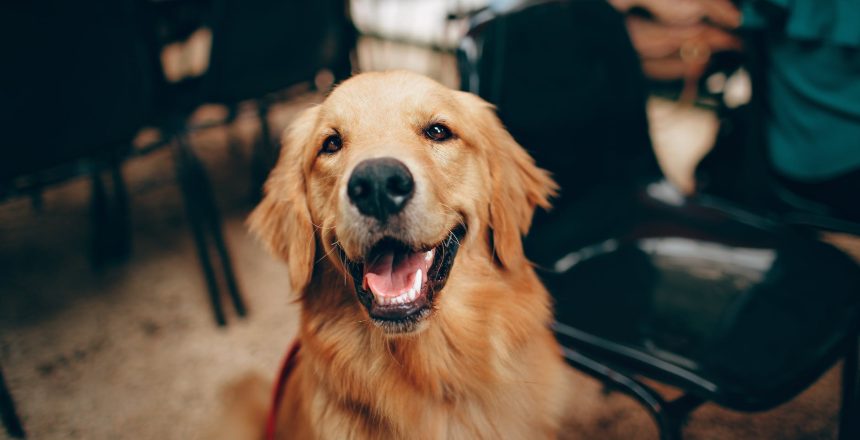Good nutrition is key to keeping your pup happy and healthy. Feeding your dog a nutrient-rich diet helps them stay fit, maintain energy levels, and boost their immune system. Nutrient-rich diets for dogs can also help prevent obesity and can provide essential vitamins and minerals that are vital for your pup’s growth and development.
Additionally, by providing a balanced diet with the right amount of proteins, carbohydrates, fats, vitamins and minerals, you can ensure that your pet has all the nutrients they need to remain active and healthy.
Best Practices for Feeding Your Dog
Best Practice #1: Start with a Consistent Feeding Schedule
Having a consistent schedule is one of the most important parts of feeding your pup. Establishing a daily routine of meals can help reduce stress and anxiety for your dog, as they get used to eating at the same times. Even if you’re not home during your pup’s meal time, you can have someone else feed them at the same times each day. Additionally, this will help keep their stomach and digestion regulated which will also lead to better health overall.
Best Practice #2: Monitor Amounts and Meals Carefully
As much as it’s important to ensure meal timing is consistent, it’s equally important that you monitor exactly how much food your dog is consuming. Many owners are guilty of overfeeding their pups without realizing it! Speak with your veterinarian about exactly how large portions should be, and measure out the food into a dish accordingly. Overfeeding can lead to issues such as obesity, so monitoring portion size and frequency of meals is key to getting your pup on a healthy feeding schedule.
Best Practice #3: Avoid Table Scraps and Unhealthy Snacks
The last best practice for getting your pup on a healthy feeding schedule is avoiding giving in to those puppy eyes when they beg for table scraps and unhealthy snacks. Although snacks like bacon may seem tempting, these treats often contain high levels of fat or sodium that could be detrimental to their health. If you must give treats throughout the day (and who doesn’t love treating their pup!) opt for healthier choices like carrots or apples.
Choosing the Right Food for Your Pet
Choosing the right food for your pet is an important part of keeping them healthy and happy. One essential best practice to keep in mind when choosing the perfect food for your fur-baby is consulting with your veterinarian. Ask them what type of diet would be best suited for their specific health needs, based on their age, size, and breed.
Additionally, check the ingredient labels carefully to make sure you’re getting quality ingredients that meet your pet’s nutritional requirements. Avoid purchasing pet foods that contain artificial fillers or preservatives – these products are not beneficial to your pet’s nutrition and could potentially even have a negative impact on their health. Many pet owners like to mix dry and wet foods, so combining a high-quality canned food with a bag of kibble can be an excellent way to ensure that your pup is getting all the vitamins, minerals, and protein they need.
How to Spot Signs of Poor Nutrition in Dogs
Poor Coat
A sign of poor nutrition in dogs is a dull or dry coat. If the fur looks tattered, lacks sheen, falls out easily or has a thin texture, it can be an indication that your pup’s diet isn’t providing the necessary fatty acids and protein to keep their coat healthy.
Weight Loss
Rapid weight loss is another sign that something may not be quite right with your dog’s diet. While some breeds are naturally on the slim side, if you notice that your pup is losing weight at a rapid pace despite no change in activity levels then it could be an indicator of malnutrition.
Lethargy
If your normally energetic dog is suddenly showing signs of lethargy or depression, this could also be an early warning sign of malnourishment. A lack of energy and interest in playtime can be caused by several things including poor nutrition.
Understanding the Role of Supplements for Canines
Supplements can be an important part of a dog’s diet, providing essential vitamins and minerals that may be lacking in their usual meals. They can also help support joint health, digestion, and skin and coat health. Additionally, for more active dogs and senior dogs, supplements containing antioxidants can help reduce cellular damage from free radicals accrued from regular exercise or aging.
Overall, nutrition plays a critical role in the longevity and well-being of our canine companions. To ensure your pup is getting everything they need from their daily meal plan, consider including high-quality supplements as part of their routine diet.

One Response
Hi, this is a comment.
To get started with moderating, editing, and deleting comments, please visit the Comments screen in the dashboard.
Commenter avatars come from Gravatar.